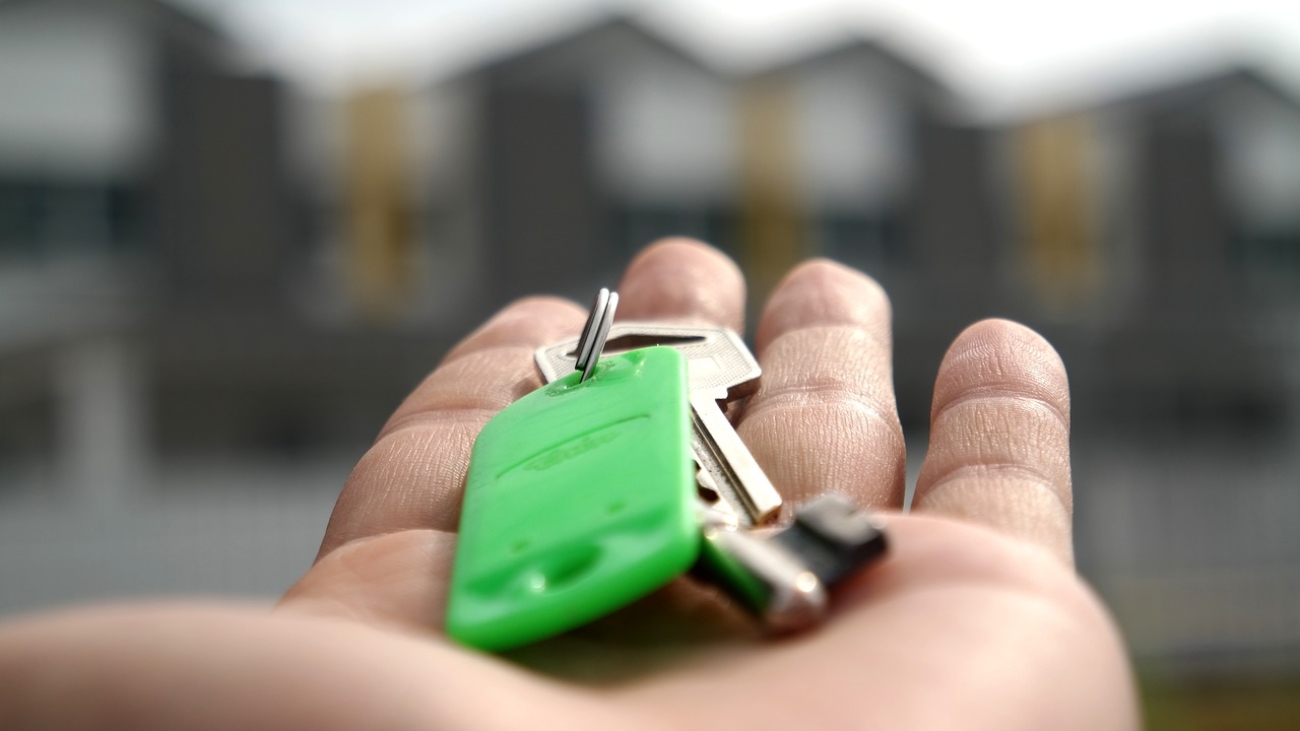Are you considering buying a home in the Ottawa Glebe area? If so, here are some of the main reasons you might want to do that:
For starters, the Glebe is ideal for families. This vibrant uptown neighbourhood offers everything from large, century-old houses with expansive front yards to modern, sleek condominiums on Bank Street.
Located on the vibrant Wellington Street, you’ll find everything from waterfront homes to walkable neighbourhood stores and restaurants. The Glebe has something for everyone with great schools, a thriving arts community, and abundant real estate options.
Why not consider one of the many houses for sale in Glebe, Ottawa?
1. Fantastic History and Character
Like much of Ottawa, the Glebe is an older neighbourhood with a history you’ll be proud to call home. The first settlers were farmers and trappers who farmed the land until the early 19th century.
The area became a popular Ottawa suburb in the last decades, as the city grew from a small town to a bustling capital city. Homes in the Glebe Ottawa were hot property and people flocked to the neighbourhood.
Now one of the most sought-after neighbourhoods in the city, the Glebe has witnessed some incredible homes. The neighbourhood’s original character is still evident in the many historic homes for sale in the area, and the city has preserved many of these homes for the future.
The Glebe is also home to the oldest church in the city, St. James Catholic Church, which opened its doors to worshippers in 1819. The churches and other houses of worship in the area testify that religious diversity is a unique characteristic of the neighbourhood.
2. A Diverse Community
Many Glebe residents are immigrants, representing a wide range of cultures. Over 44 percent of the population is foreign-born. Along with the many churches, the neighbourhood is home to several different synagogues, temples, and mosques.
Given how diverse the area is, it’s no surprise that the Glebe is a cultural hub with many festivals, galleries, and community centres.
3. Gorgeous Architecture
On top of everything else, the Glebe is also home to some beautiful homes. Several historic homes are for sale in the neighbourhood, and the architecture is stunning.
If you’re interested in buying a condo, the Glebe has some new buildings with incredible architecture. These homes and buildings are a perfect blend of historic and contemporary architecture, and you’ll be proud to call them home.
4. Has Convenient Transportation
The Glebe is a great place to own a home with galore public transportation and bike routes. Car2Go has stationed several cars throughout the neighbourhood, making it a great place to rent a car on an as-needed basis.
If you like the idea of getting around on a bicycle, the area has plenty of bike lanes, and there are bike paths that run throughout the city. Walking is also a great option because the neighbourhood is super walkable.
Conclusion
The Glebe is a great neighbourhood to consider if you’re looking to buy a home in the city. It’s one of the oldest and most culturally diverse neighbourhoods in the city, and it has a history that’s second to none.
If you’re buying a home for the first time, you must take the time to get to know the neighbourhood and make sure that it’s a good fit for you.
Ottawa Mortgage Services provides mortgage agent services for first-time homebuyers, self-employed individuals, commercial clients, and more. We also help clients with refinancing, pre-approvals, and debt consolidation. If you’re a first-time home buyer in Ottawa, we can help you find the right mortgage in the right neighbourhood. Get in touch with us today and let us know how we can help!



